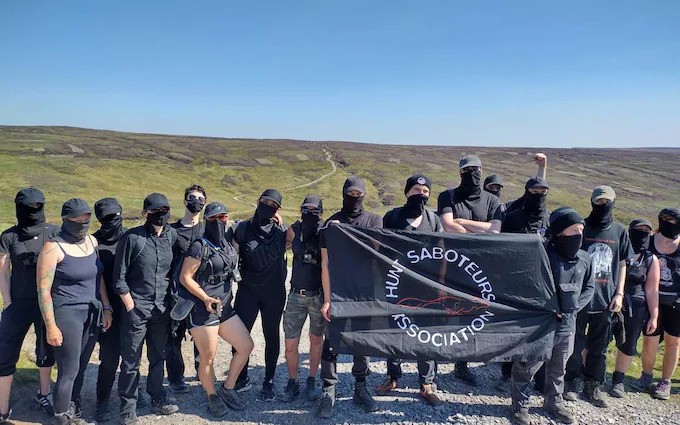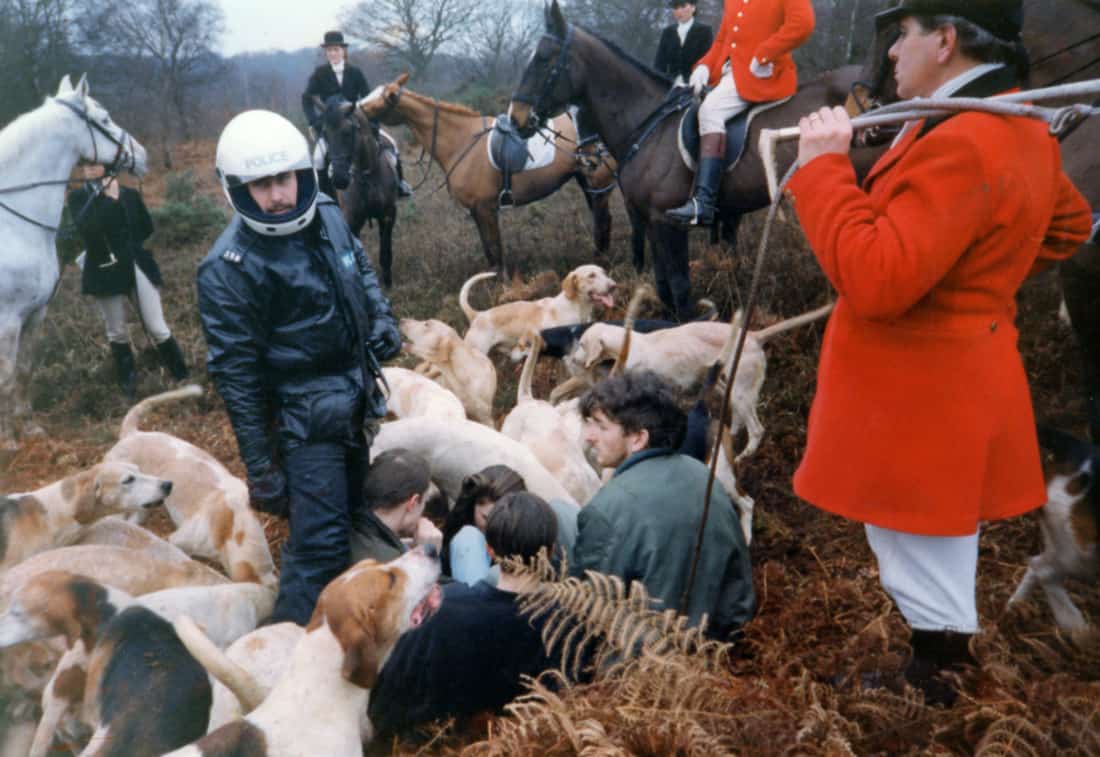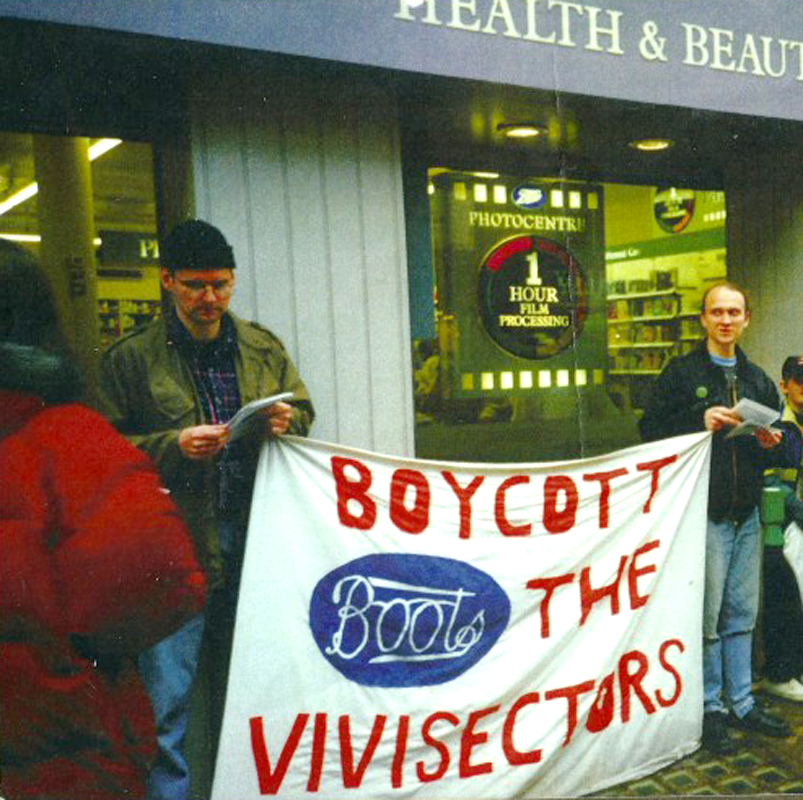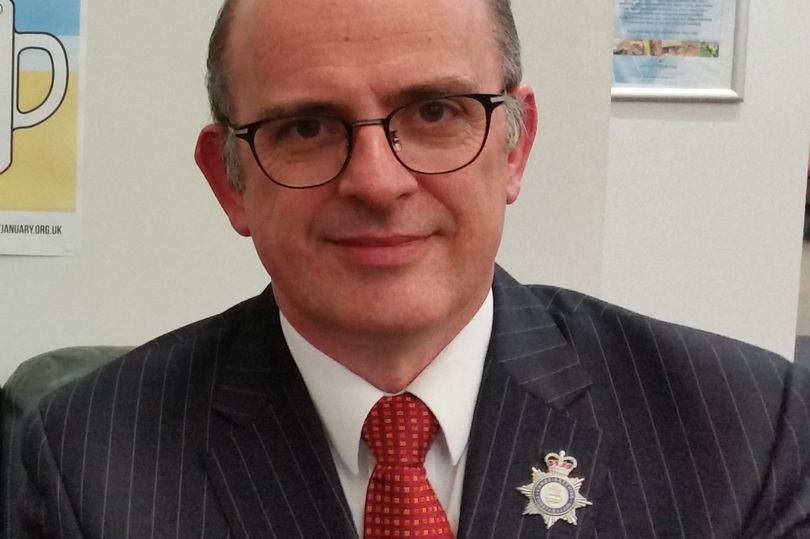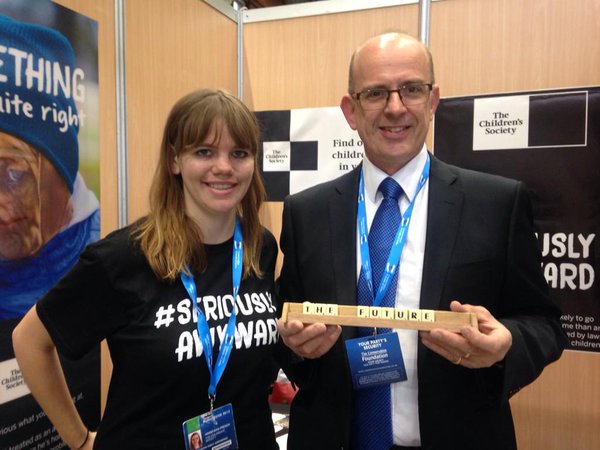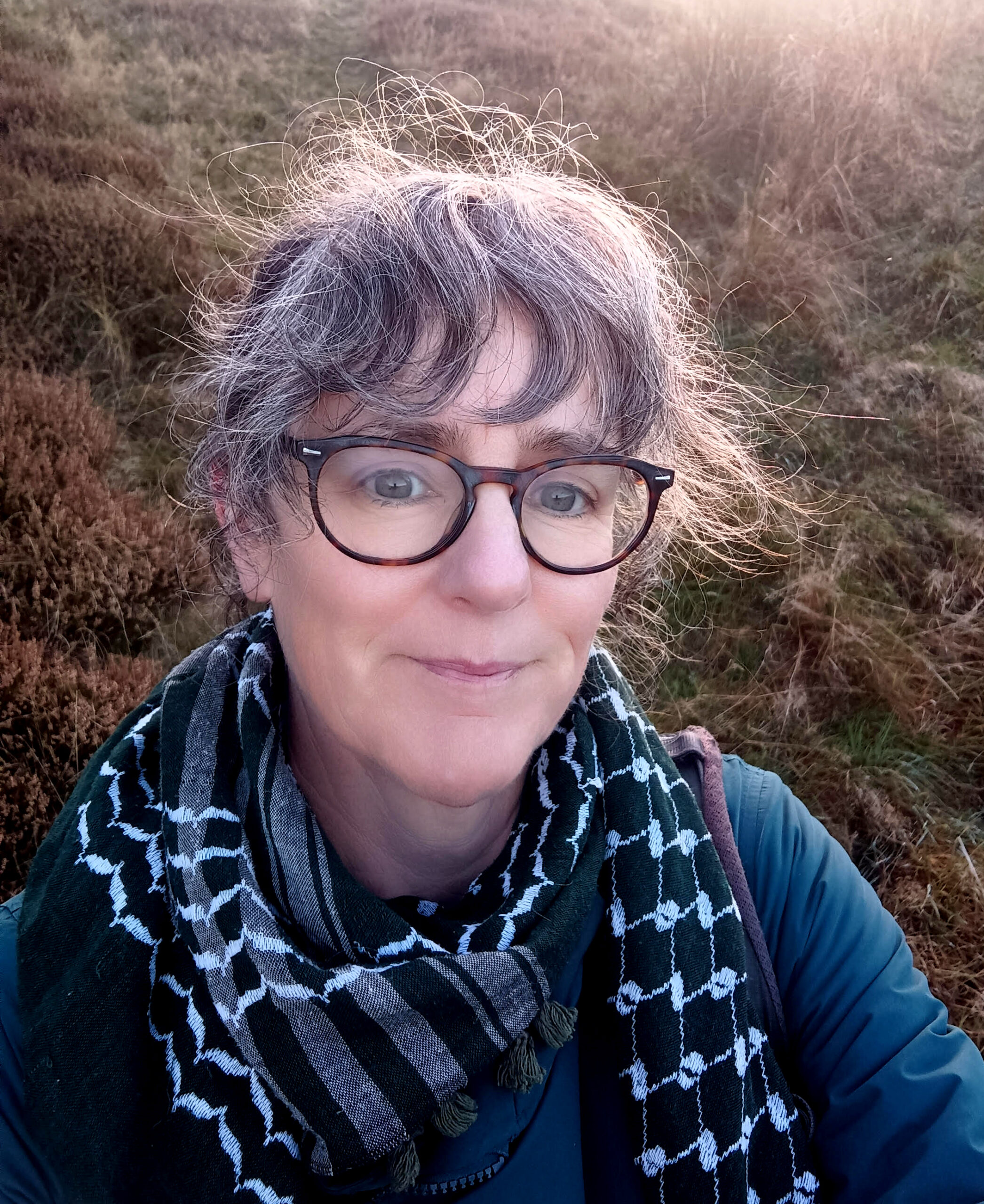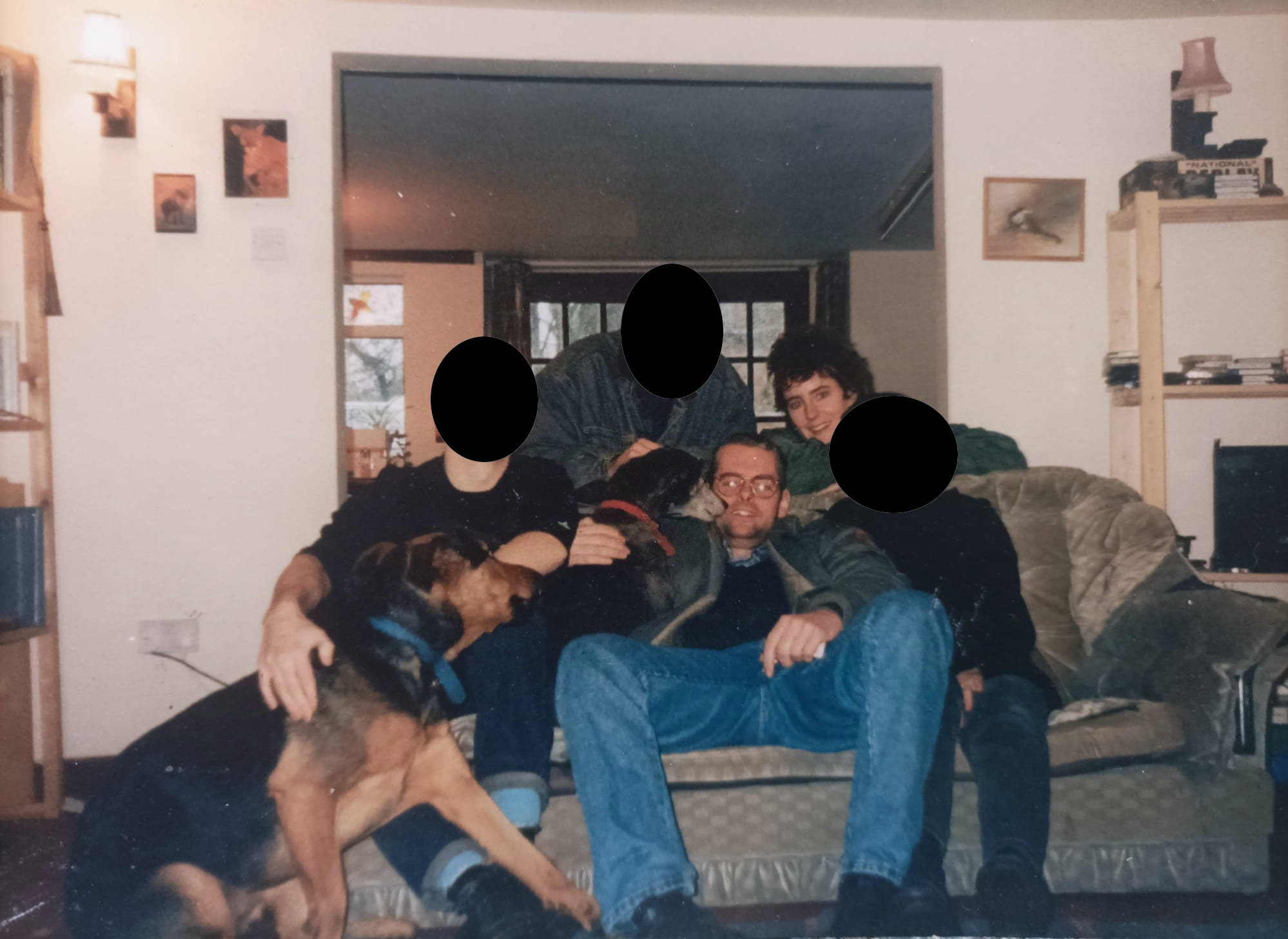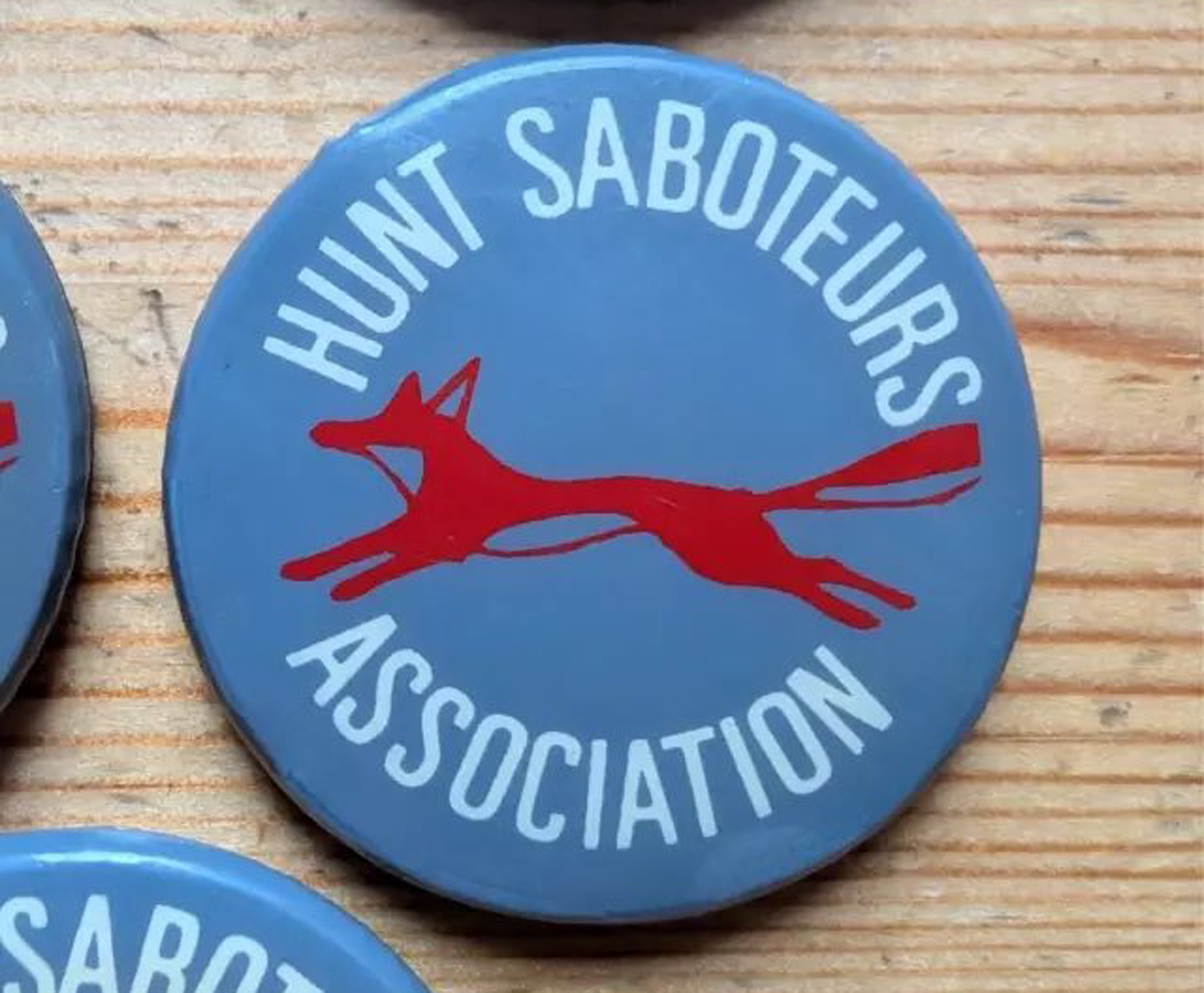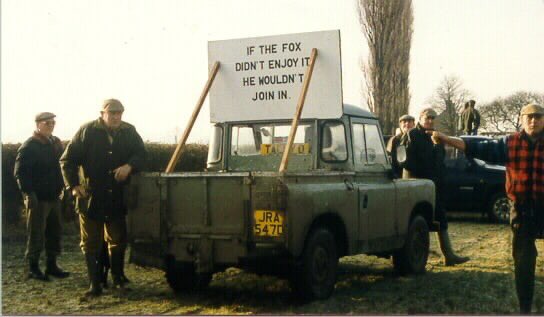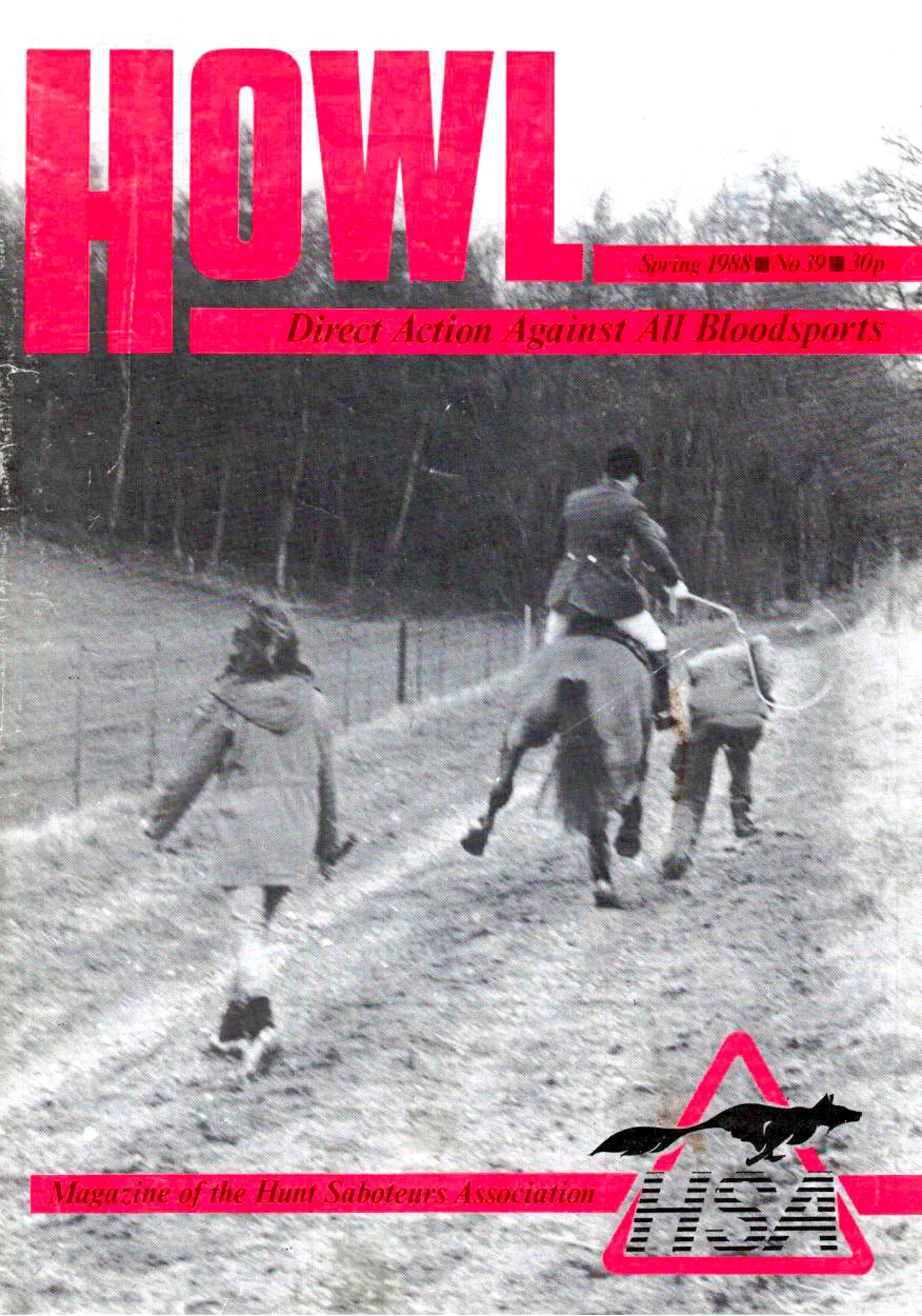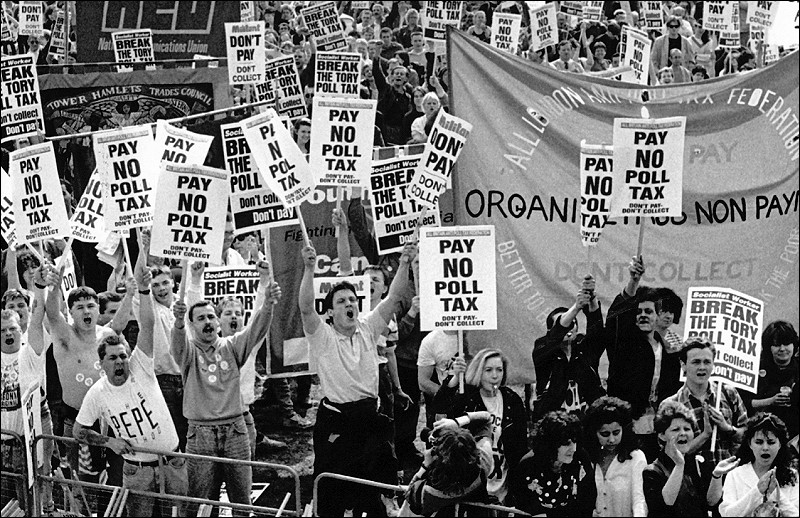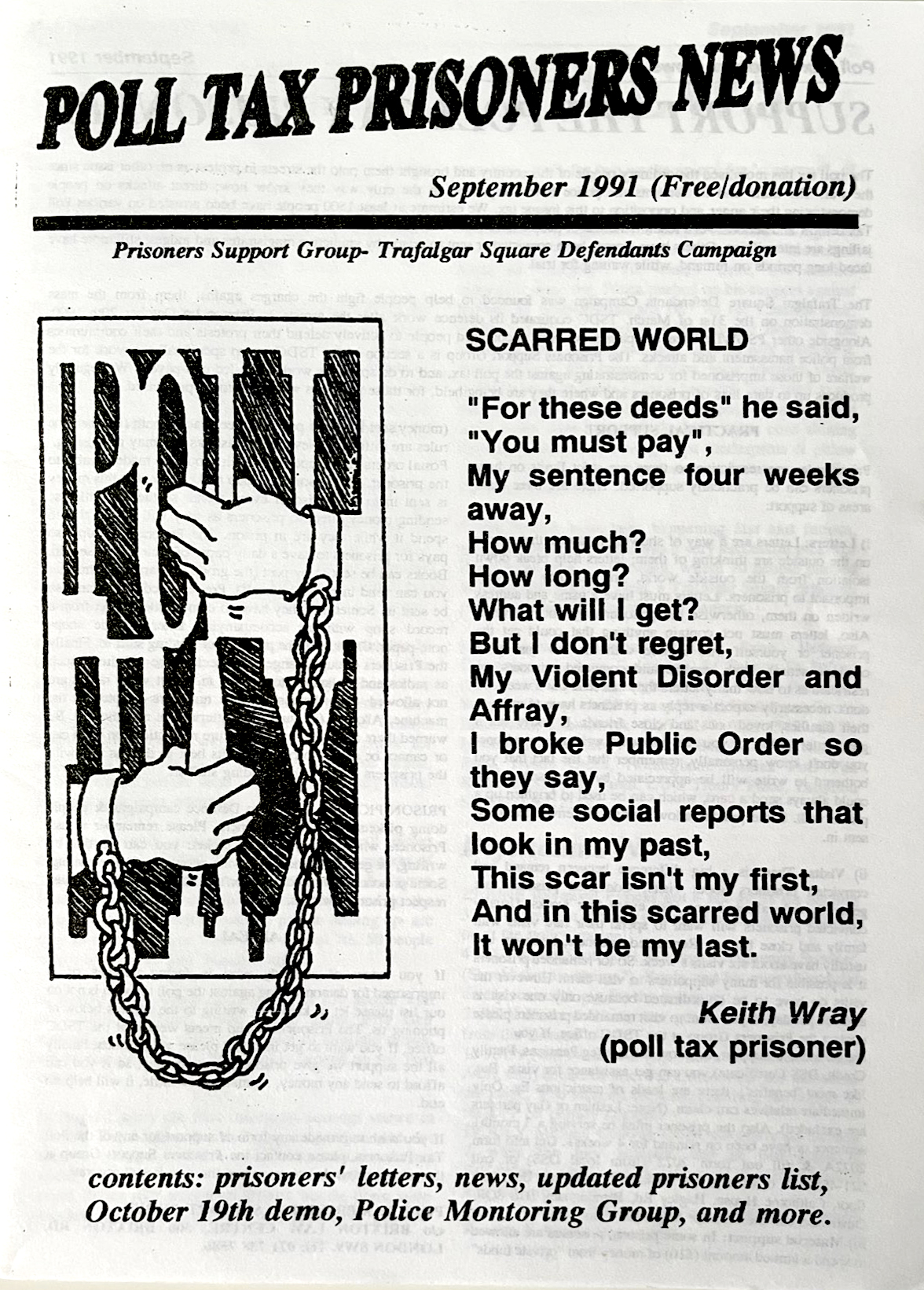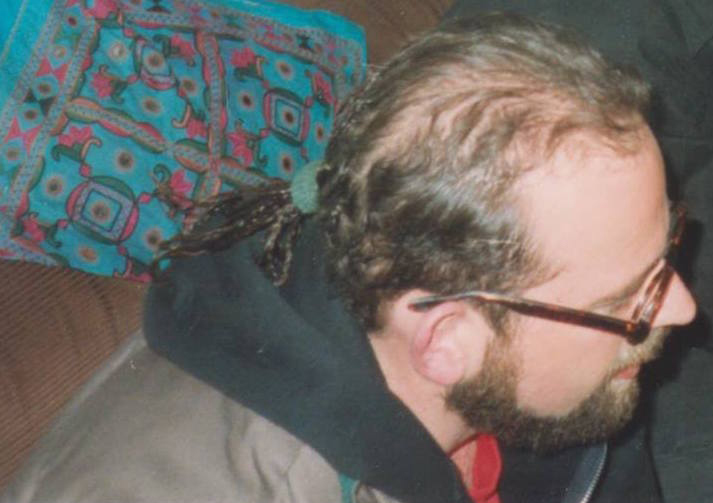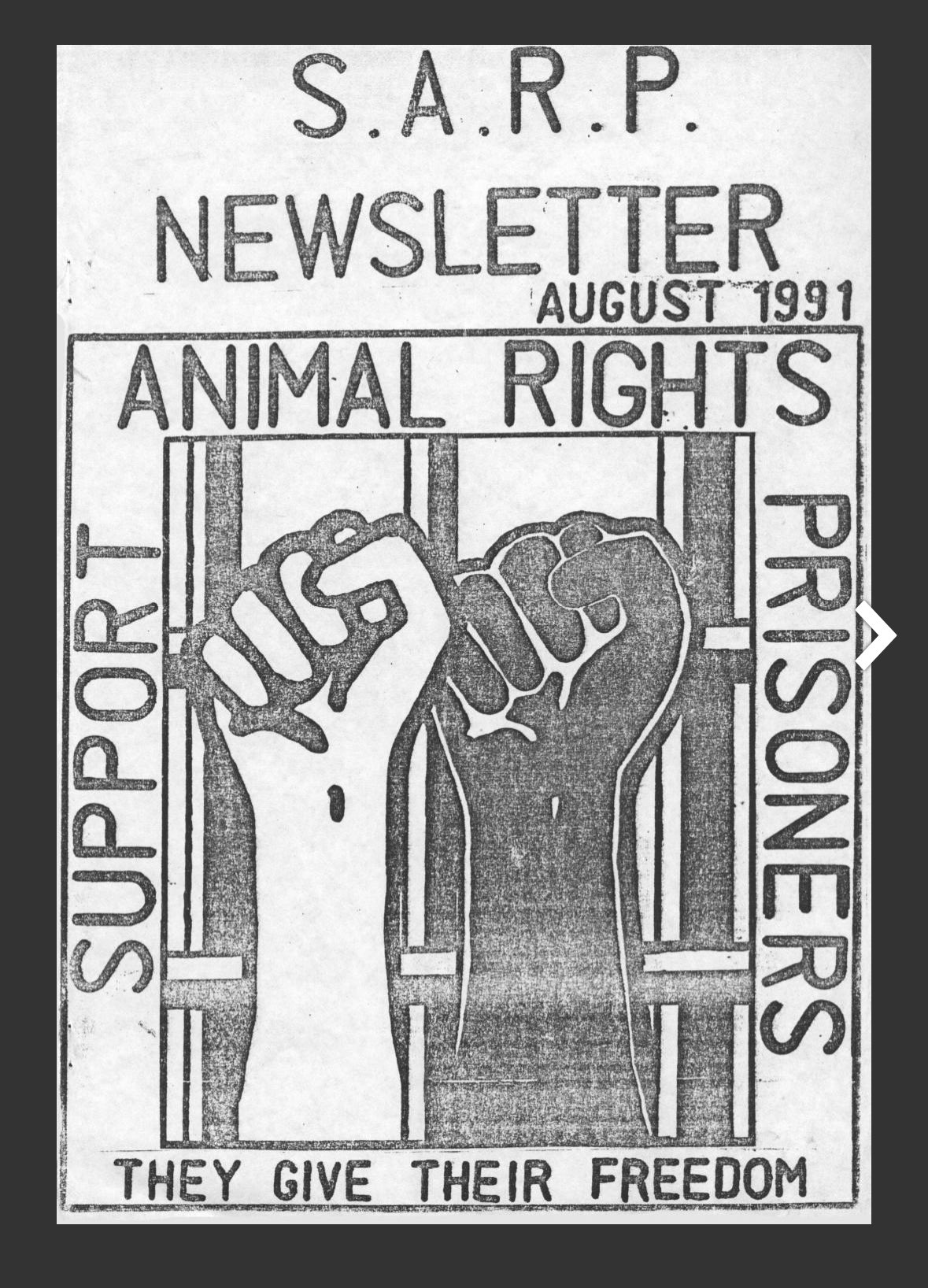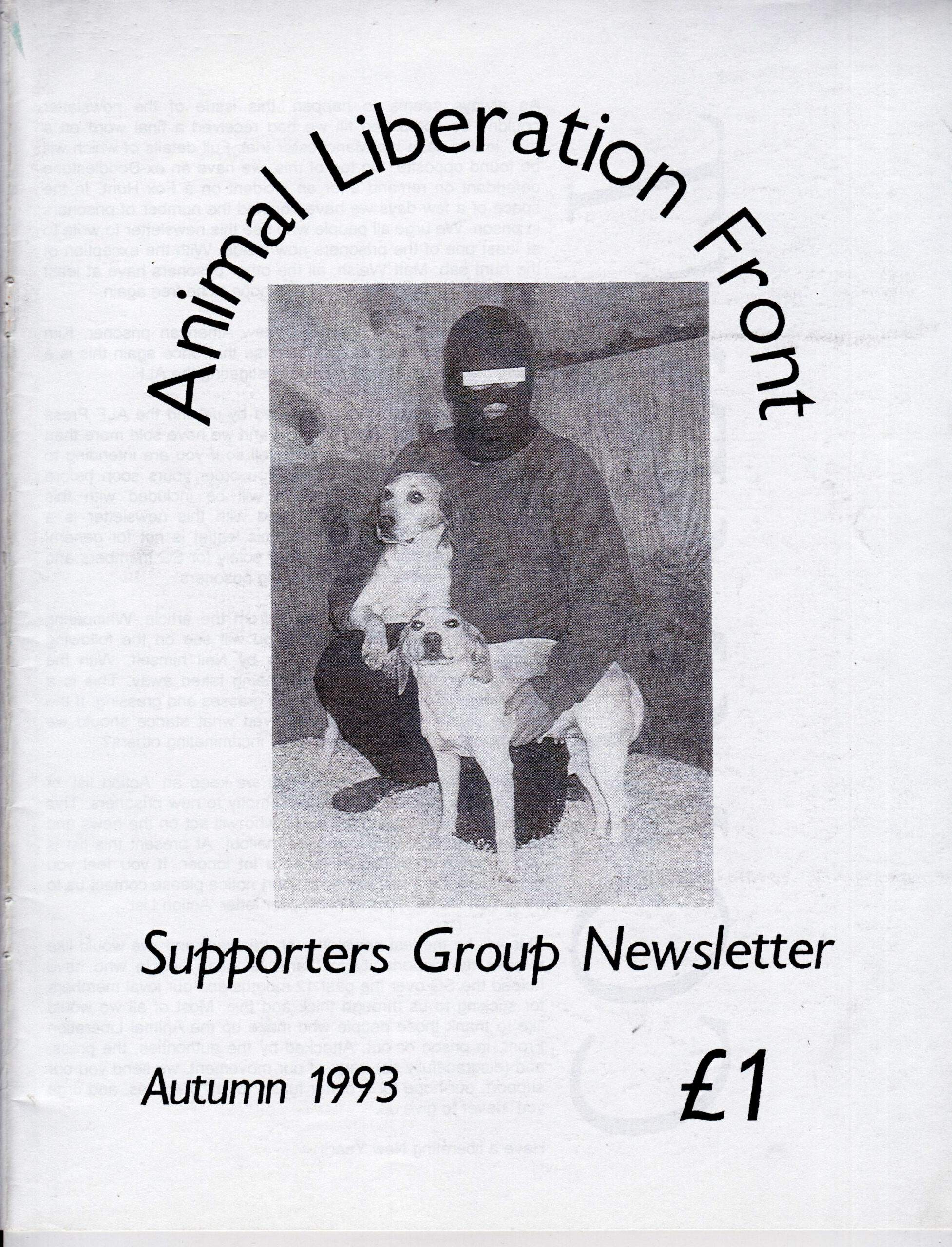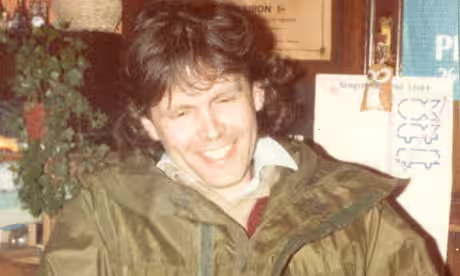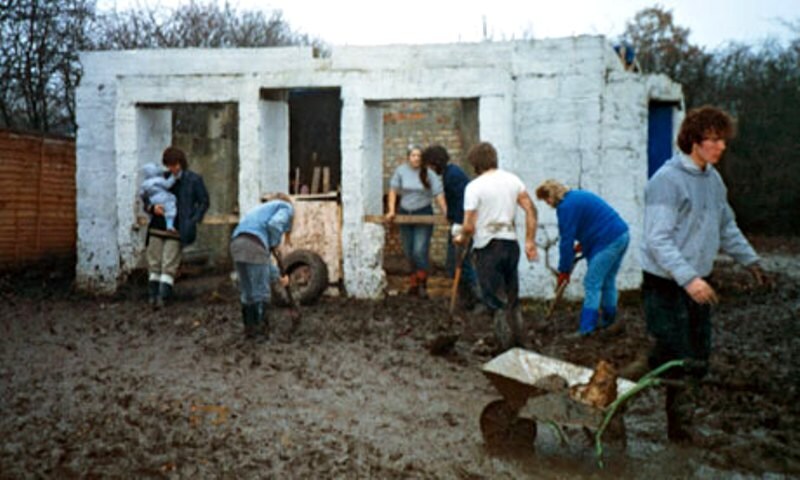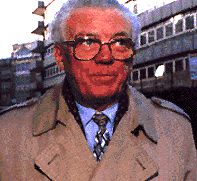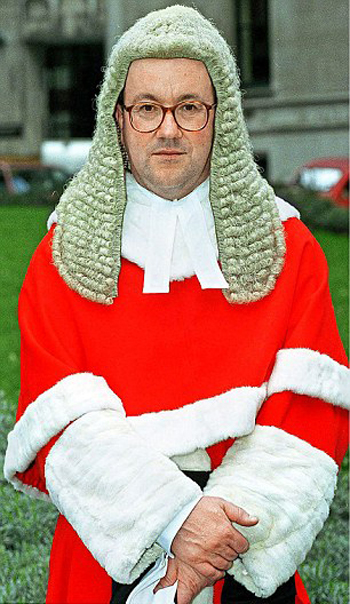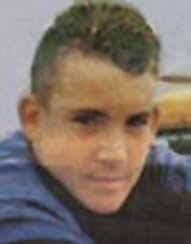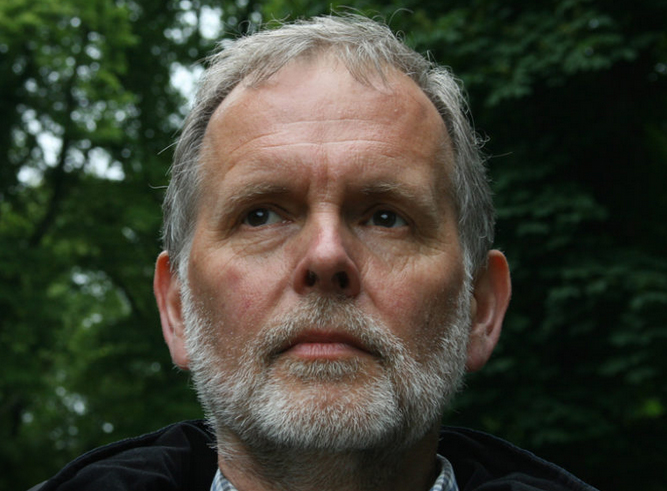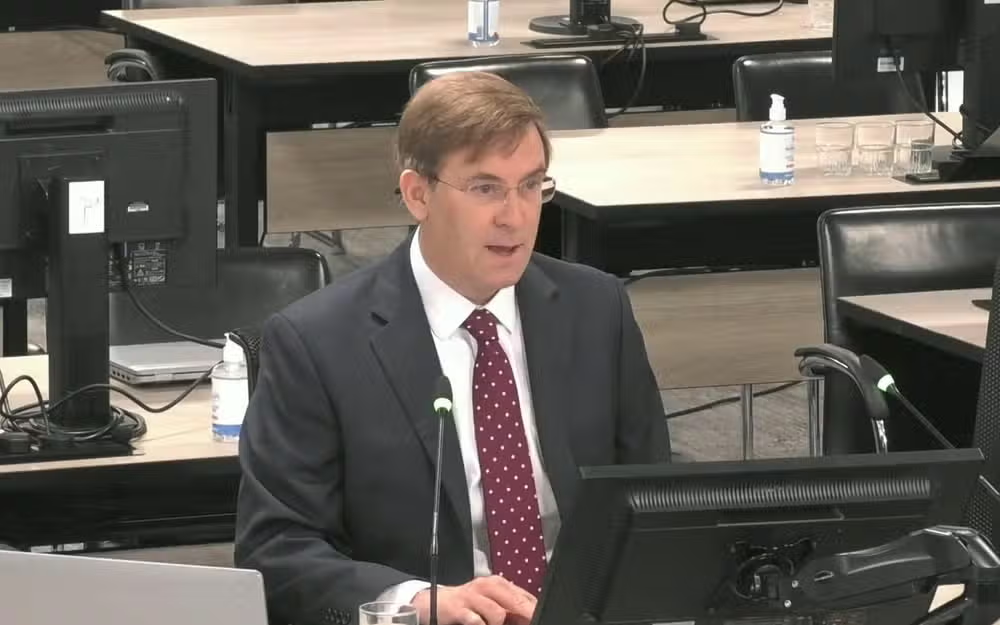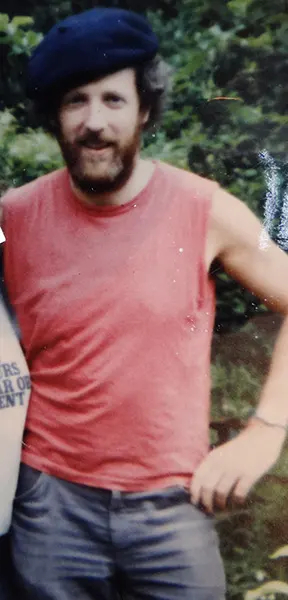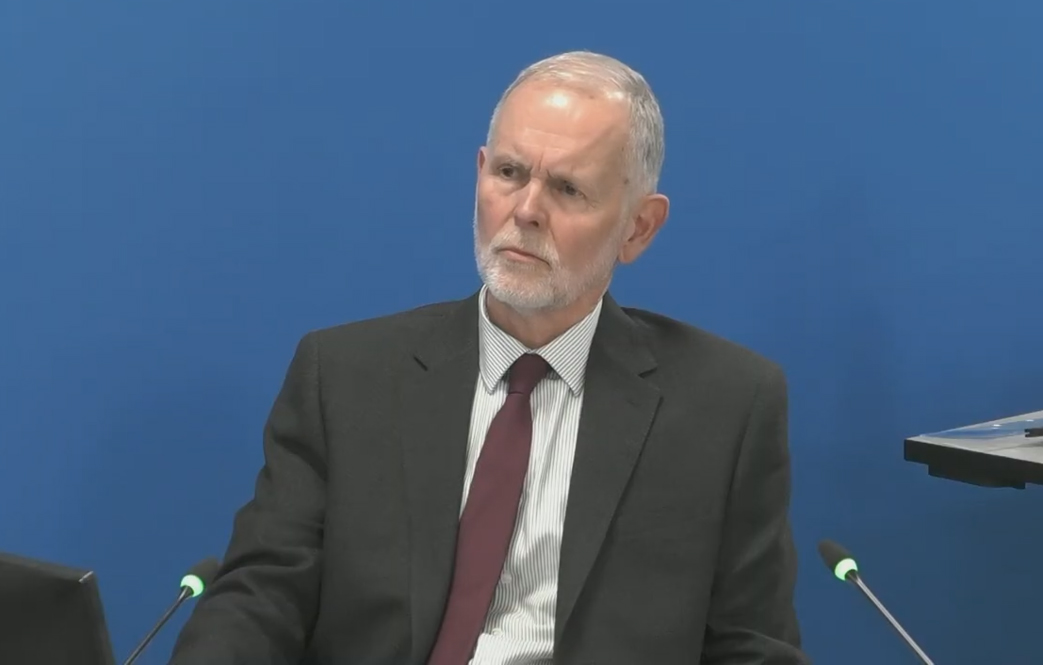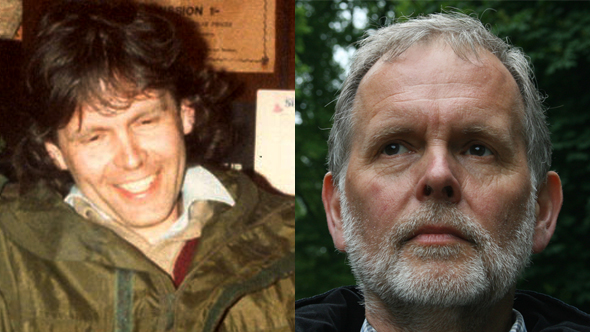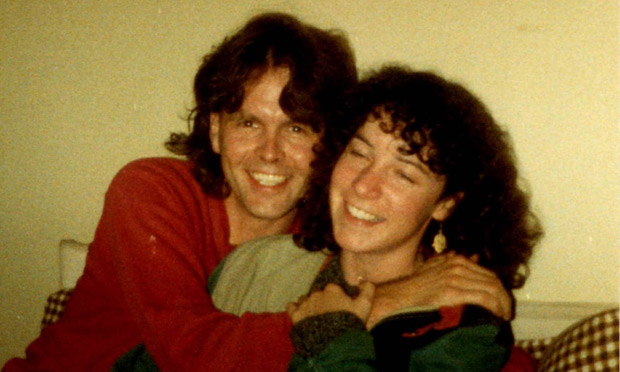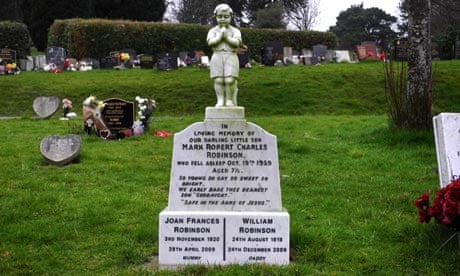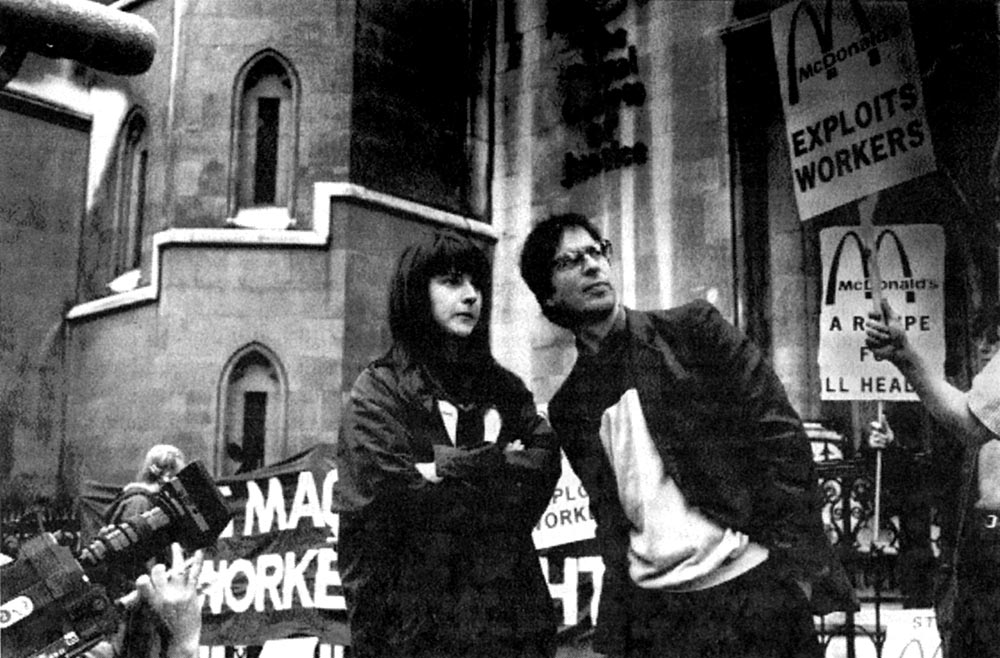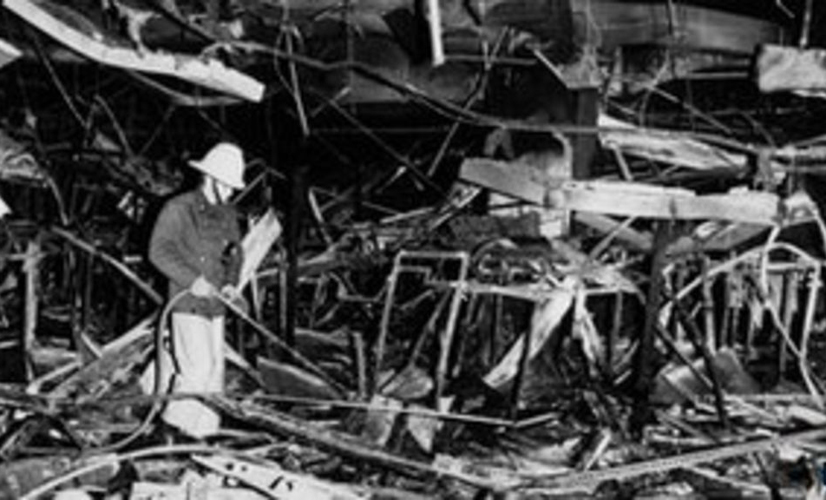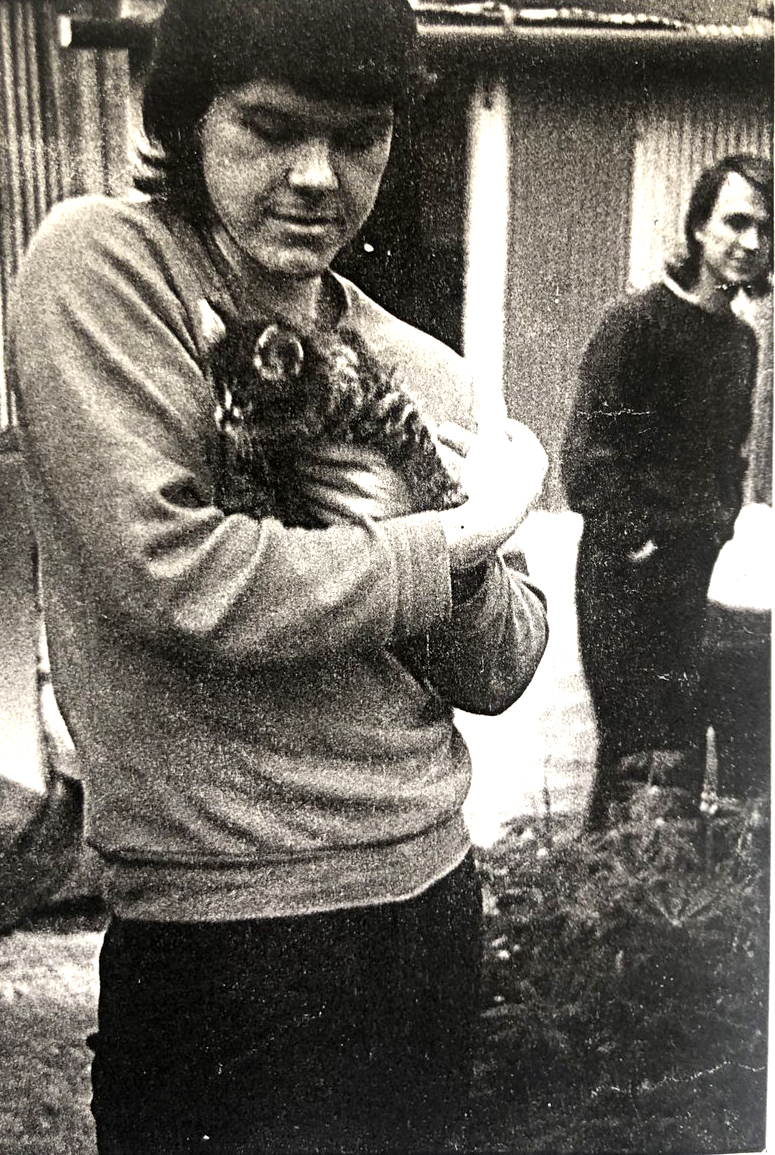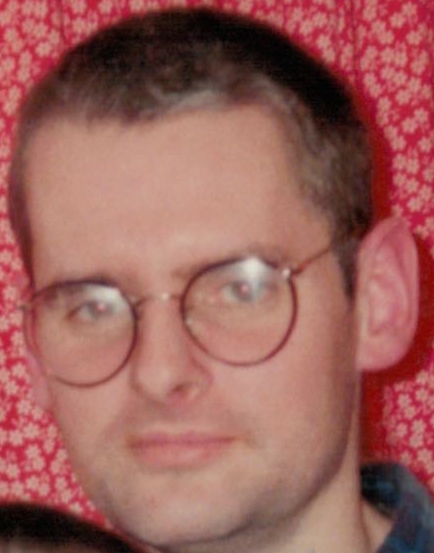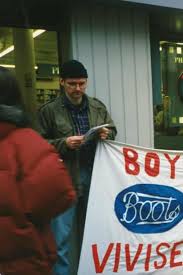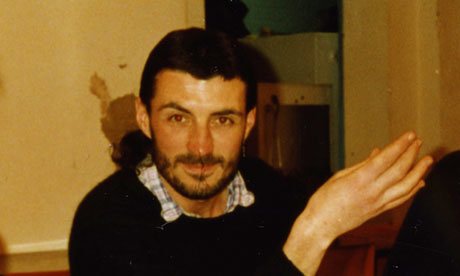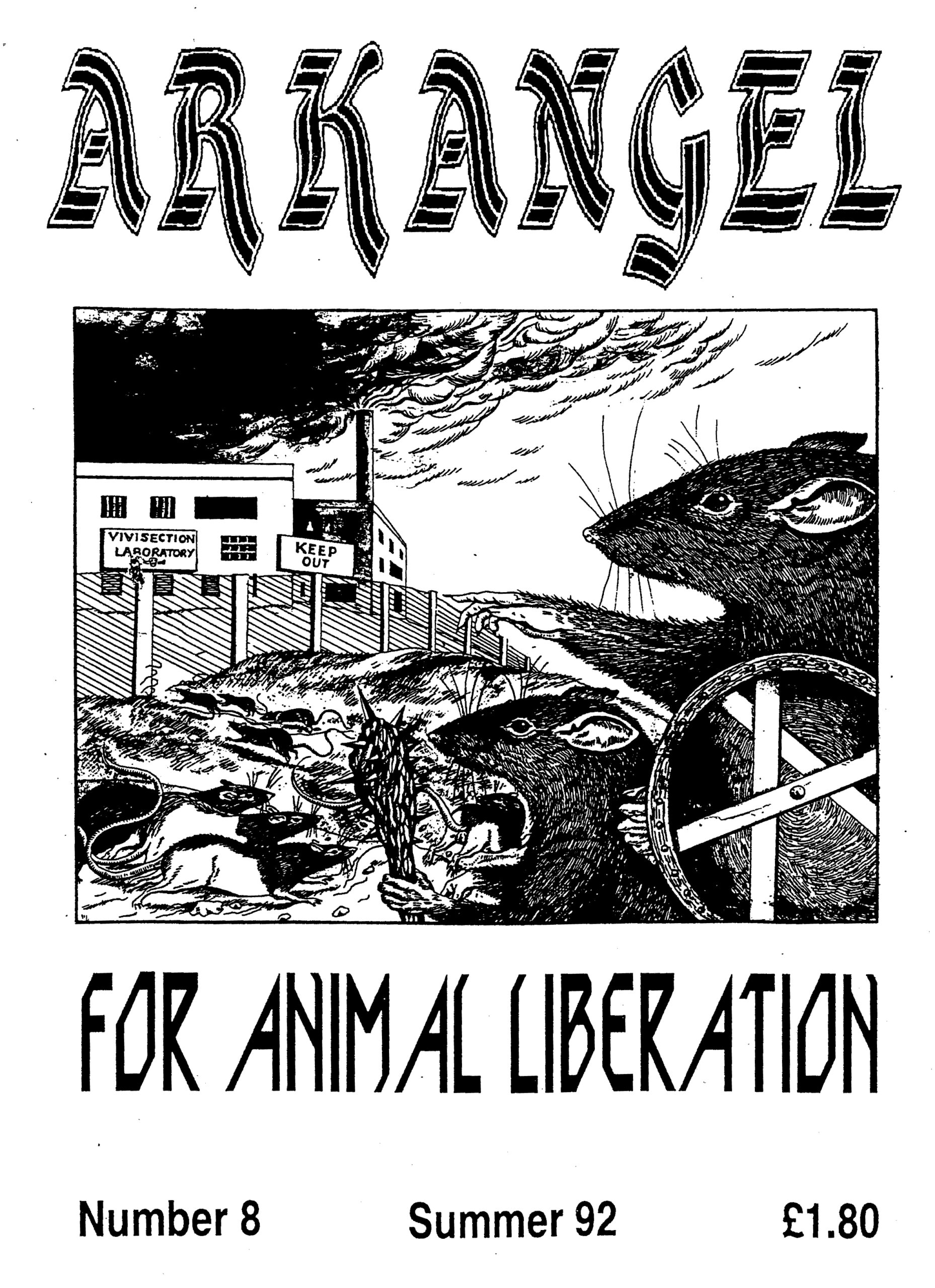UCPI – Daily Report: 9 December 2024 – ‘Walter’
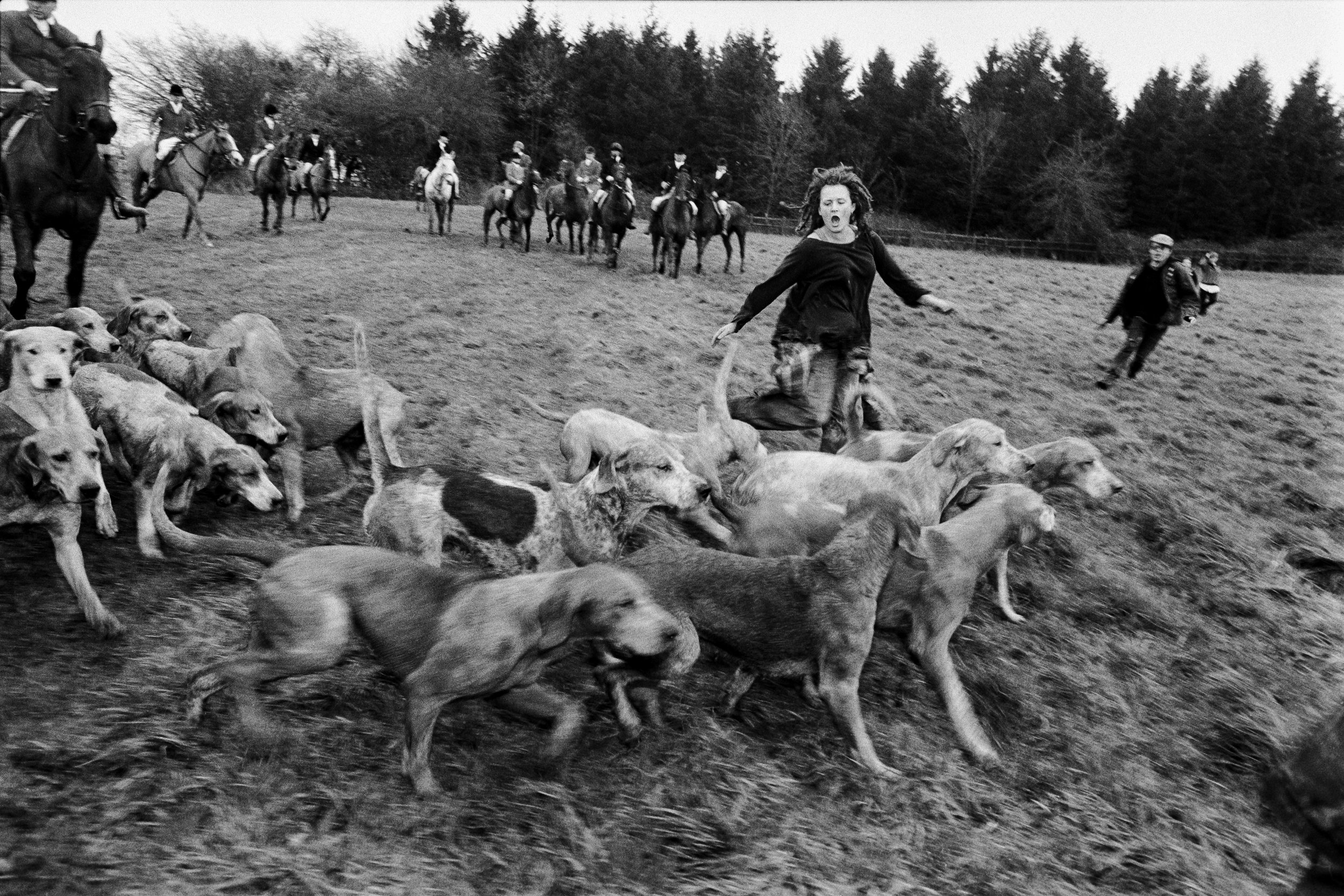
Hunt saboteurs running among fox hounds. Pic: Andrew Testa
At the Undercover Policing Inquiry, Monday 9 December 2024 was devoted to the evidence of two witnesses, ‘Callum’ and ‘Walter’, who had been involved in hunt saboteur activity in the 1980s.
There were a lot of restrictions on what could be reported in order to protect the identity of the witnesses. They were in the hearing room behind a screen. We’re doing separate reports for them.
RECAP
This was the Monday of the seventh week of ‘Tranche 2 Phase 2’, the new round of hearings of the Undercover Policing Inquiry (UCPI). This Phase mainly concentrates on examining the animal rights-focused activities of the Metropolitan Police’s secret political unit, the Special Demonstration Squad, from 1983-92.
The UCPI is an independent, judge-led inquiry into undercover policing in England and Wales. Its main focus is the activity of two units who deployed long-term undercover officers into a variety of political groups; the Special Demonstration Squad (SDS, 1968-2008) and the National Public Order Intelligence Unit (NPOIU, 1999-2011). Spycops from these units lived as activists for years at a time, spying on more than 1,000 groups.
‘WALTER’

Hunt Saboteurs Association commemorative patch: ’60 years saving wildlife 1963-2023′.
After hearing from ‘Callum’ in the morning, the Inquiry took evidence from another hunt saboteur, ‘Walter’, in the afternoon. His voice was modulated to disguise it.
Walter has provided the Inquiry with a lengthy witness statement and 60 exhibits. Despite the Inquiry’s stated policy of publishing documents as soon as a witness gives evidence, and despite it being months since he gave evidence, at the time of writing Walter’s documents are still unpublished.
Junior Counsel Rachel Naylor asked him questions on behalf of the Inquiry.
Walter said he was brought up to care about animals, and to side with the underdog. He recalls attending some meetings in Brighton and learning about the cruelty being done to wild animals by hunting them.
He first went hunt sabbing in 1984 and moved to Lewisham, in South London, the following year. He has been active in a number of different local hunt sab groups over the years, including the Brixton hunt sab group.
Asked about ‘non-violent direct action’, he explained that he means intervening in some way to keep the dogs away from whichever wild animal is being hunted at the time, and help it to escape. He emphasised that sabs would avoid physical confrontation whenever possible. They would use self-defence when it was the ‘only option’.
THE HUNT SABOTEURS ASSOCIATION
As well as local sab groups, he also played an active part in the Hunt Saboteurs Association (HSA), a national organisation that has existed since 1963. It has always held Annual General Meetings, had an (unpaid) executive committee, and – as even spycop Bob Lambert admitted – had been ‘entirely lawful’ in pursuit of its aims: to promote the use of non-violent direct action to protect wildlife, and lobby for legal change.
The HSA relies on donations from the public, and most local sab groups are self-funded. The HSA’s magazine, Howl, comes out several times a year and is sent to individual subscribers and local groups. HSA membership was and is open to everyone opposed to hunting, not just those actively engaged in sabbing.
TACTICS

Cover of ‘The Traditional Art of Hunt Sabotage: A Tactics Manual’
The HSA have always published booklets of tactics that could be used to sabotage different types of hunting. Walter provided the Inquiry with a copy of the 1988 edition [UCPI 0000037140].
Many of these tactics involved using things that would put the hounds off the scent of the animal they were chasing – for example: spray bottles of diluted citronella essential oil, things like ‘Anti-Mate’ (an aerosol spray designed to deter the unwanted attention of male dogs), and ‘scent dullers’.
In the early 1980s some sabs experimented with using dried blood to set false trails, or ‘drags’. Sabs also carried hunting horns and whistles, and used calls to distract or misdirect the hounds.
Walter listed some other items that would be used – for example things to tie up gates and slow down the hunters, CB radios (so the sabs could communicate with each other – there were no mobile phones!).
He explained that some of the tools listed – including ‘rookies’, rook scarers – would only be used in limited circumstances. The sabs took care not to do anything that would scare or harm the horses and hounds. The booklet advised hunt sabs to follow the Countryside Code at all times.
It also recommended that sabs:
‘chat to supporters – do not antagonise them… Avoid tactics which do not directly help the hunted animal, such as interfering with the supporters’ cars, etc’.
Walter thinks that was to avoid any ‘flashpoints’ being created, recalling that:
‘sometimes just our presence could be seen as provocative to the hunt’s people’.
The booklet suggests that it’s best to be polite towards the police – ‘annoying them does not help’ – but always take a note of their numbers.
It advises keeping together and walking away if confronted by the hunt’s heavies:
‘running only encourages them (it probably reminds them of the chase!)’
He considered self defence to be acceptable, and believed that you should do whatever you needed to do to get out of a situation safely.
We learnt that ‘pre-beating’ and ‘pre-spraying’ referred to other tactics adopted by sabs, to either encourage wild animals to leave an area before the hunt began, or to lay scents that would distract the dogs when they showed up.
According to Walter, sometimes a press release would go out, for example before the start of the hunting season or before a big event in the calendar (like the Boxing Day meets), but sab groups didn’t usually advertise their regular actions, just report on them afterwards.
As a broad and lawful organisation, there was little in the way of security precautions. In those days the office was usually in someone’s house. Walter admitted:
‘It was very lax, to be honest’
REPORTING ON THE SABS
Much of the hearing was spent examining secret police reports. As we’ve seen in so many other hearings, undercover officers frequently exaggerated activity in order to make it sound like they were spying on serious criminal plotting.
Walter had been reported on by several spycops. One them, HN87 ‘John Lipscomb’ (known as ‘Hippy John’), said that Walter was wary of speaking openly on the phone, and often used public phone boxes. Walter explained that this wasn’t just to protect him, it was sometimes because of the risks faced by people in the hunting community who shared information with him.
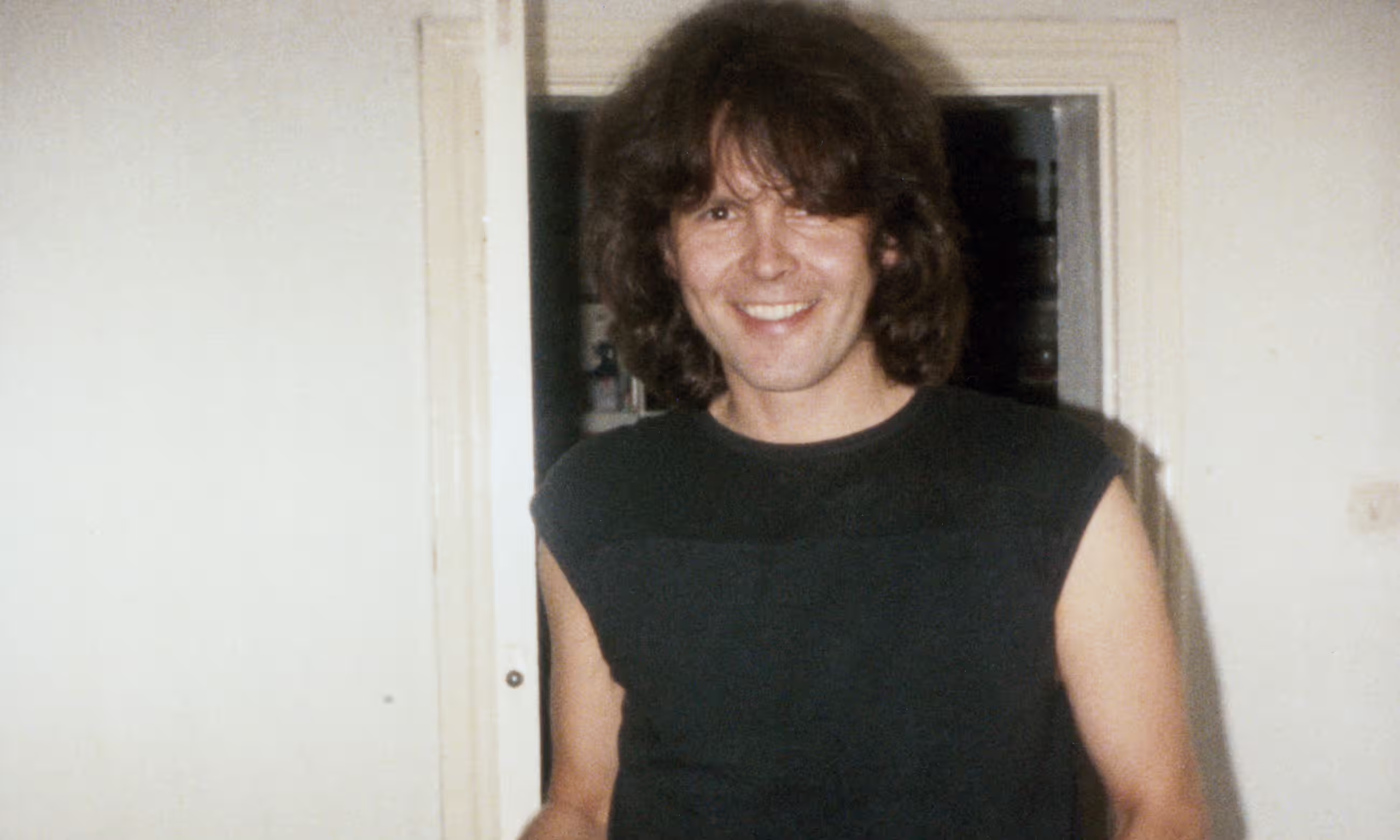
Spycop HN10 Bob Lambert aka ‘Bob Robinson’ whilr undercover
Another of the spycops, HN10 Bob Lambert, reported [MPS-0740065] in 1987 that ‘sixteen Animal Liberation Front (ALF) activists’ had met at someone’s home in Kent on 25 January. This report claimed that ‘all present enjoy a dual role’, and that as well as being ‘leading members’ of various local sab groups, are involved in a ‘criminal campaign’.
Walter flatly rejected the suggestion that he was an ALF activist.
According to Lambert’s report, the HSA was virtually bankrupt at this time and those present agreed that its only useful purpose was ‘in terms of publicity’. Walter says that in those (pre-internet) days the organisation served a vital function in terms of communication between the different local groups.
There was mention of a new ‘South East Anti-Hunt Alliance’ being formed. Why was a ‘regional alliance’ needed? Walter said maybe there were ‘some local politics at play there’.
It’s reported that the sabs were planning to combine forces for a ‘joint hit’ on the ‘infamous Crawley and Horsham Hunt’, as a way to counter the increasing violence of its hired heavies. The date of this coordinated action (28 February 1987) would only be communicated by word of mouth, so the hunt and police were taken by surprise.
Walter is clear that entering into pitched battles is not what sabbing was about, although in the case of this, known as ‘the most volatile hunt in the South’, sabs had to be ready to defend themselves.
In this report Lambert admitted that however ‘determined’ the sabs are, they
‘are unlikely ever to initiate violence, and, secretly, would be extremely pleased to encounter no opposition on the day in question’
In the report Lambert submitted after the event it is clear that there was no violence on the day. Walter recalls that the sabs were all kept away from the hunt by the police (who deployed a roadblock and even a helicopter against the sabs’ convoy of vehicles).
In another report [MPS-0740567], HN87 John Lipscomb alleges that Walter has drawn up a list of names and phone numbers of three individuals attached to the British Field Sports Society and distributed this to other animal rights activists ‘for special attention’. Walter says this is simply not true. He was ‘surprised’ to see this allegation amongst the material disclosed to him by the Inquiry.
The report specifies what is meant by ‘special attention’:
‘making abusive telephone calls, sending unsolicited mail and in some instances, causing criminal damage to property’
Walter recalls that this went both ways – hunt supporters often did these things to hunt sab groups.
THE LEGENDARY BRIXTON HUNT SABS

Hunt saboteurs around and on one of their Land Rovers. Pic: Andrew Testa
Walter was involved with the Brixton hunt sab group from 1992-1997. He remembers them as ‘legendary’.
It’s clear that they successfully created a legend about themselves and their reputation often went before them. He says they were effective and ‘tactically aware’ – they tried to get to the hounds – rather than just trouble-makers.
The Inquiry has already heard from Brixton hunt sab ‘AFJ’ that the group didn’t ‘proactively pursue’ violence, but were prepared to deal with it if it erupted. Walter says that’s a fair description, the Brixton sabs were ‘robust’.
According to another of the spycops, HN2 Andy Coles, the Brixton group had a ‘fearsome reputation for being violent’. Walter says they weren’t necessarily violent but they did have ‘a fearsome reputation’ and that was that they were ‘not to be messed with’.
Coles has also accused the HSA of being a public order problem and involved in criminality. Walter strongly rejected this suggestion.
(We have illustrated this report with photographs by renowned documentary photographer Andrew Testa, who spent time in the field with the Brixton sab group.)
HN1 ‘Matt Rayner’ also reported on hunt sabs in this period, and mentioned confrontations taking place between the ‘harder end’ of the movement and terriermen.
Walter says that there was a mixture of people involved in hunt sabbing. Terriermen considered that they had a ‘carte blanche’ to do what they liked to sabs (and foxes) and the police used to turn a blind eye.
Walter says that the people he knew were prepared to defend themselves, but did not go out looking for violence:
‘at the end of the day they’re there to save the fox’
He recalls ‘running around in fields all day’, getting wet and covered in mud, and points out that nobody joined hunt sab groups and went through all that just in the hope of a punch-up.
DID HUNT SABBING OFFER A ‘GATEWAY’ TO THE ALF?
The Inquiry moved on to examine the relationship between hunt sabs and the Animal Liberation Front (ALF) in more detail.
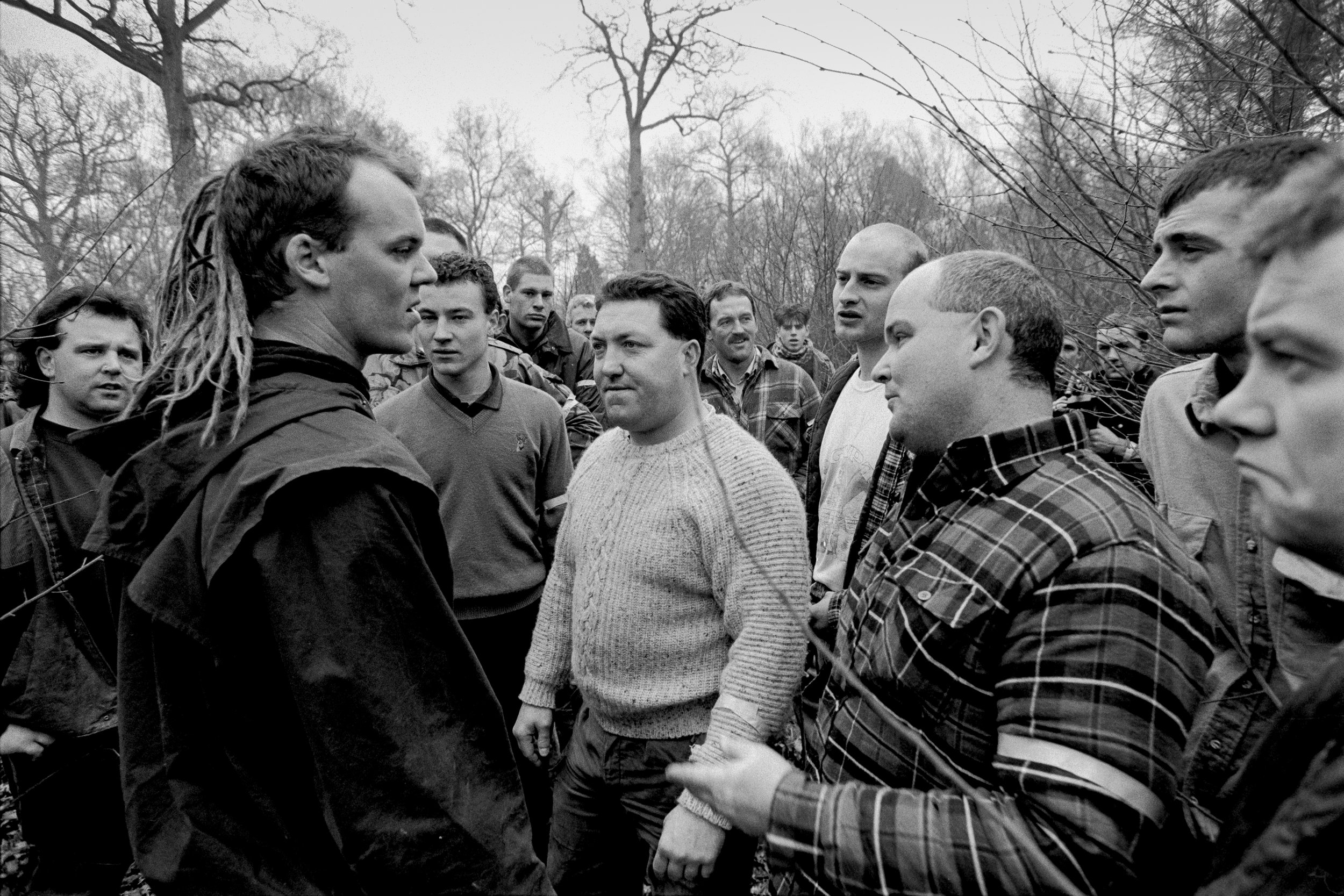
Hunt saboteur face to face with hunt supporters. Pic: Andrew Testa
In one report [MPS-0742170] Lambert has written about an incendiary attack on the home of a prominent member of the Crawley and Horsham hunt, and claimed that all such criminal actions against hunters were the work of hunt sabs, even if carried out under the name of the ALF or the ‘Anti Hunt Militia’.
Walter remembers seeing this attack reported in the media at the time (December 1986). He had no idea who was responsible, and doesn’t see how Bob Lambert could have known either.
This same incident is also mentioned in the other 1987 Lambert report we saw earlier [MPS-0740065]. It contains the names of two individuals who Lambert suspects of being involved. According to him, they were keen to see more actions of this kind, and circulated the addresses of other possible targets. One of the hunt’s heavies is said to be considered a ‘prime target for some form of criminal damage’.
However, Walter was at this meeting, and says he was not aware of people talking about targeting this man’s home address, and if he had, ‘would not have been comfortable’ it.
He goes on to say that he doesn’t remember such addresses and details being circulated at any meeting he attended, or any discussion of committing criminal damage at the Parham racecourse used by the hunt for their ‘point to point’ races. He doesn’t know of anyone operating under the banner of the ALF.
WALTER’S HOUSE
HN87 John Lipscomb had provided a ‘pen portrait’ of Walter in an August 1988 report [MPS-0742609].

Brixton hunt saboteurs inside their Land Rover with grilled windows and CB radio (and furry dice!). Pic: Andrew Testa
This describes him as ‘one of the most respected animal rights activists in South East London’, and claims he is involved in various other movements, ‘notably squatting’.
Walter isn’t sure why it says this. His house had been a squat in the past, but when he lived there it was managed by a housing association. He knew a fair few squatters, but wasn’t one himself. Again, this seems like a spycop’s exaggeration and lies to make activists seem more detached from mainstream society and acting on the fringes of the law.
Lipscomb’s report also claims that his house is ‘regarded as an open house to activists requiring accommodation’, and ‘has the potential for operating as an ALF cell on its own, as three of its occupants are active campaigners’.
Walter rejects this allegation – yes, it was a vegan household, and they sometimes hosted activists from overseas, but nobody was doing ALF actions from there.
Lipscomb also claimed [MPS-0744157] that it was ‘common practice’ for hunt sabs to give false details to the police if they were stopped or arrested, and they would often use the addresses of Walter’s house and a squat in Sudbourne Road, Brixton for this. Walter says they were generally happy for people to use their address in order to get bail, but this wasn’t as organised (with lists of names being provided to the houses) as Lipscomb alleged.
In the SDS Annual Report of 1995-96 [MPS-0728967], there’s a mention of ‘organised hunt sabotage’ and a special police unit called the Animal Rights National Index. It says the ‘penetration’ of hunt sab groups ‘continues to pay dividends’ and suggests that the intelligence gathered is useful for other police forces, as well as for identifying ALF activists.
Walter says he is aware that the SDS used these reports to try to justify their funding for the following year – this is one of the main reasons they were written. He says it was no secret that the police took an interest in hunt sabs.
HORSE AND HOUND BALL
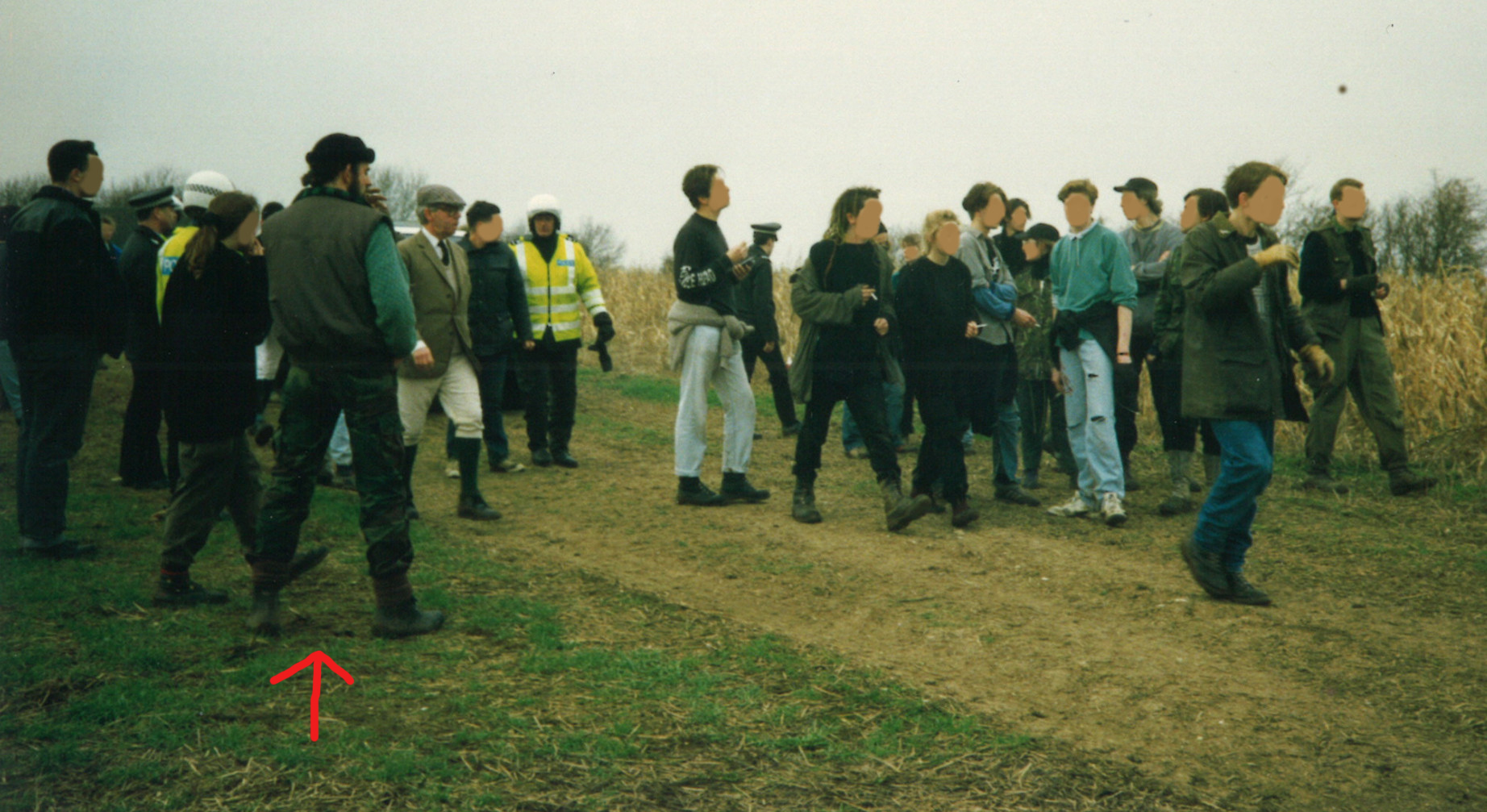
Brixton Hunt Saboteurs in the field, 25 January 1992. Spycop HN2 Andy Coles aka ‘Andy Davey’ in foreground, indicated with red arrow
The Inquiry was then told about a demo at the Grosvenor House Hotel in London, where the annual Horse and Hound Ball was being held, on 5 March 1992.
According to a report by HN2 Andy Coles [MPS-0730957], 80-100 people turned up to demonstrate their opposition to hunting. He claimed the demo had been organised by the HSA. Walter says it definitely wasn’t, as they focussed on direct action, i.e. hunt sabbing, not this kind of demo.
He says he took part in some demos at these balls but is not sure if he was at this particular one. He is surprised at the high number of people who are said to have attended. According to the report, several bags of flour were thrown towards attendees of the ball. There were some scuffles and some of the activists (including ‘Jessica’ and Andrea McGann) were arrested.
The next Coles report [MPS-0742251] is of a meeting held at the end of April to prepare for the forthcoming trial of Jessica and one other person. Besides these two defendants, another five people are listed as attending, including Walter, although he doesn’t remember being there then.
In his witness statement [UCPI 0000035074] Coles claims that the group ‘spent the evening working out how best to prepare a defence’ and discussed:
‘how to concoct matching stories of what they could claim to be eye witness testimony where they could contradict police evidence and establish both activists’ innocence of the charges’
Coles says he told the group that he hadn’t seen anything, as he’d been injured himself (hit with a police radio) so was able to avoid acting as a defence witness in the court case.
Walter points out the inconsistencies in Coles’s story – for example, if there had been a lawyer present, it’s highly unlikely that anyone would have talked about concocting false evidence, and in any case this wasn’t commonly done.
CRIMINAL INJUSTICE ACT
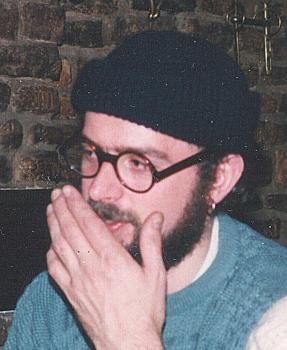
Spycop HN2 Andy Coles aka ‘Andy Davey’ while undercover in 1991
Andy Coles was arrested at a hunt sab at Good Easter in Essex, just a few weeks after the enactment of the Criminal Justice Act & Public Order Act in November 1994.
This new law criminalised a lot of sab activity – it became a criminal offence to trespass if interfering with a landowner’s activity, and an offence to fail to leave land when directed to do so.
Walter recalls that the Essex police had a reputation for being particularly ‘anti-sab’ so it was assumed that they would be keen to enforce the new Act at the earliest opportunity.
The sabs wanted to show that they planned to continue sabbing and would not be deterred by the introduction of the new crime of ‘aggravated trespass’. They anticipated violence from the hunt and obstruction from the police, and wanted to turn up in mass numbers.
We saw the ‘intelligence’ submitted by Coles after the event [MPS-0745541]. Walter doesn’t agree entirely with its contents: he says the mood was ‘expectant’ rather than ‘confrontational’, and thinks the number of sabs reported as attending (22 from Brixton plus another 350) is inaccurate.
According to the report, Walter was driving one of the Brixton sabs’ vehicles that day. Coles has also claimed that he was driving a Land Rover belonging to the group. Walter says they had a number of Land Rovers, so this is possibly true.
Walter recalls that the Brixton sabs covered their vehicles’ windows with grilles to stop them being broken by hunt supporters. Despite having this small fleet, they often had more people wanting to go out than they had spaces for.
According to the report, the Brixton sabs got out of their vehicle at some point and were arrested almost immediately, among them ‘AFJ’ (who gave evidence to the Inquiry the week after Walter). Walter says on the day ‘it was just ridiculous’, with people getting nicked as soon as they left the highway.
The report claims that two of the sabs had beaten a police officer and taken his telescopic truncheon off him. Walter says that this doesn’t sound accurate and he remembers things differently:
‘People were very much thrown by the level of aggression from the police. There wasn’t any pretence of warning going on. They had their truncheons out straight away and were hitting people all over the legs and upper body all the time. It certainly wasn’t my experience that people were singling officers out. Because ultimately they are the police. They are always going to win in those sorts of situations.’
Spycop Andy Coles was arrested that day under his false name of Andy Davey. He gave a false address (Plato Road) as well as a false false name (Chris Jones)!
Walter is asked if he knew the real Chris Jones (who worked at 56a Info-shop) at the time?
‘I may have known them but I wouldn’t have known necessarily their surname’
He recalls that the Brixton sabs faced ‘relentless police interest’, and arrests were almost a ‘daily occurrence’.
‘HIPPY JOHN’ THE SPYCOP
HN87 John Lipscomb was deployed from June 1987 to November 1990. Most of those he spied on knew him as ‘Hippy John’. He went out sabbing with Walter’s local group, and sometimes was among those from the group who slept over at Walter’s house the night before. Walter says most of those involved were in their late teens to early 20s (HN87 was in his 30s).
Asked about the impact this undercover had on his sab group, Walter recalls him putting a vehicle out of action, ‘either by ineptitude or by design’, by borrowing it to take to Cropredy Folk Festival and not topping up its oil and water.
Walter explains that ‘it was useful to have drivers’. It tended to be the older members of the group who drove, as they were more likely to have licences, and the insurance only covered over-25s.
Asked if Lipscomb just drove or also took part in sabbing, Walter replied that he thinks it was both.
The undercover boasted of sitting in a fox-hole and blocking the terriermen from reaching the fox, in order to impress Walter. It seems to have worked – Walter agrees this was a brave thing to do.

Hunt saboteur being carried face down by police. Pic: Andrew Testa
He says that another sab, someone from Dartford, had a very close, platonic, friendship with ‘Hippy John’ and was ‘devastated’ to discover that this man had in fact been spying on him. According to Walter, that person is now far less ‘easy going’ than he used to be, and far more suspicious of people.
Walter isn’t sure about how much time ‘Hippy John’ spent at the Sudbourne Road squat in Brixton, or how often he slept there.
Asked if he knows of Lipscomb having sexual relationships while undercover, he mentions ‘ELQ’, a woman who was in her early 20s back then. Walter says she was a ‘positive member of the group’, and a good friend of ‘Hippy John’.
Walter reached out to her in the last year for what he describes as ‘a very awkward conversation’. He was concerned that she might still have been unaware of Lipscomb’s true identity, and suspected that they may have been more than just friends. She confirmed that Lipscomb slept over at her house, but he still doesn’t know if anything more happened between them.
Walter says there were various social situations when Lipscomb ‘seemed to be with certain individuals in the group’ – mostly young women – but he doesn’t know for sure what happened between them.
He goes on to add that there were rumours about John and one particularly young woman, but he never spoke to her about these at the time. He recalls that she was very young, maybe under 16, and there were issues around taking her out sabbing, and the need for some form of parental consent.
CREEPY COLES
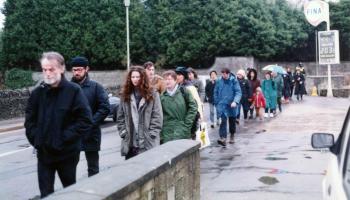
Spycop HN2 Andy Coles ‘Andy Davey’ (2nd from left) on a peace march at RAF Fairford, 1991
Then there’s HN2 Andy Coles, undercover as ‘Andy Davey’ but known as ‘Andy Van’ by most of the sabs.
Coles claims that he was ‘close friends’ with Walter. Walter says he struggles to recognise him from any of the numerous published pictures.
He’s aware that ‘Andy Van’ existed but only has a ‘sketchy’ recollection of him and finds it hard to think of any memories. He says the Brixton sabs were quite cliquey, and Andy was not in their clique.
He recalls hearing about Coles driving when some chickens were liberated, and the van being stopped by the police but then let go. This prompted some discussion about how lucky the activists involved were.
He says it was very rare that they ever heard about illegal activity committed by activists. He knew that Andy was the driver but not much else about his role in it. He didn’t realise that Jessica was involved in that liberation action until more recently.
He knew Jessica from around 1991 onwards. He remembers that she was friends with someone that he knew well.
Walter was asked how well he knew her in 1992-1993, and if he knew about her being in a relationship with ‘Andy Van’.
He repeated that he wasn’t in the habit of discussing people’s relationships. His clique was ‘rather insular’ and he didn’t tend to socialise much outside of it. He says he was a ‘bit aloof’ and didn’t tend to know much about anyone’s relationship status.
About Coles, he recalls that there were:
‘a number of people who basically thought he was a bit creepy and were uncomfortable around him’.
One of these was Andrea McGann.
After the Inquiry finished asking him questions, his own lawyer, James Wood KC, had a few more. In response, Walter was able to confirm that ‘Andy Van’ also used his own van for sabbing, and took other people in it. But on 19 November 1994, the date when ‘AFJ’ and Coles were both arrested, he drove a vehicle belonging to the Brixton hunt sab group.
OTHER UNDERCOVERS

Spycop HN5 John Dines aka ‘John Barker’ in the early 1990s when he was an undercover sergeant in the Special Demonstration Squad
The Inquiry also heard about HN5 John Dines, who used the cover name ‘John Barker’ (deployed 1987-1991). Walter has provided a photo that shows him at a hunt. He is able to describe his physical build and ‘statement’ haircut.
Walter doesn’t remember seeing Dines defend himself physically, but remembers that hunt supporters tended to avoid him ‘because he looked like he could defend himself’.
Walter also remembers HN1 ‘Matt Rayner’ (deployed 1991-1996). He doesn’t know if Rayner or Dines drove sabs around as they were involved in other groups, not his.
Finally, he also remembers HN26 ‘Christine Green’ (deployed 1995-1999), both as a ‘fellow sab’ and as the partner of a hunt sab who was a friend of his.
He knew that she was in a relationship with Thomas Frampton (also known as Joe Tax) and recalls them turning up together. He thinks this may have been in late 1996, but isn’t certain. He remembers her asking people lots of questions:
‘She was always inquisitive.’
He described her taking an active part in sabbing as part of the West London sab group, and doesn’t think she stood out much or would have had much impact on the actions of this group.
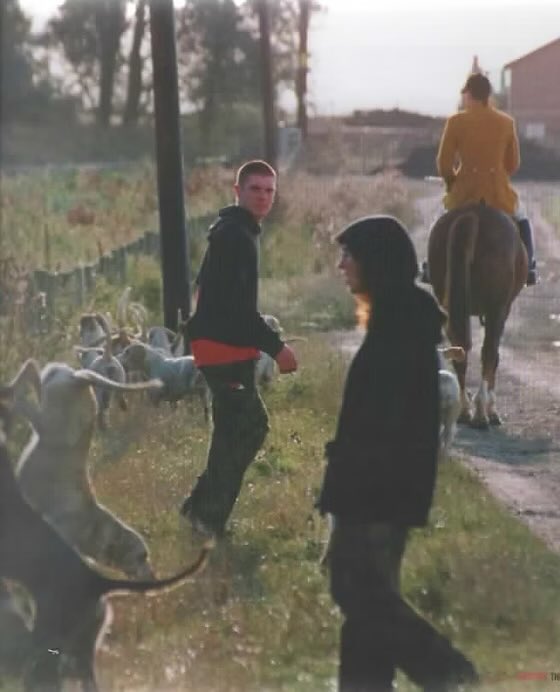
Spycop HN26 ‘Christine Green’ (with hood up) hunt sabbing while undercover
‘Christine Green’ was involved in a controversial raid at Cross Hill mink farm in the New Forest in August 1998. In 2018, the Met apologised to Hampshire police for letting it go ahead and withholding details of those responsible in order to protect Green. Green, in turn, says it’s ‘scandalous’ of the Met to identify her but not the superior officers who did the things they’re apologising for.
Walter heard about ‘Bob Robinson’ – spycop HN10 Bob Lambert – many years ago, and recognised him as someone who had been sabbing. Once he’d been made aware of Lambert’s true identity, he and others quickly realised that there were likely to be other officers from the spycops units who’d infiltrated hunt sab groups.
He was surprised to learn of the extent of this police operation. He has now seen how much information about him (including details of his employment, his shift patterns etc) was collected and recorded.
He believes that he was ‘on the right side of history’ and this is ‘an outrage’; he’s angrier now than he was before.
THE BRITISH ESTABLISHMENT
The Inquiry has heard a lot about the Crawley and Horsham Hunt and how it operated, and how violent it was towards hunt sabs. Walter recalls them hiring thugs from the local rugby club to act as ‘security’ for them. He wryly noted:
‘It was open season on saboteurs’
He recalls that the senior Master of this hunt was an extremely influential member of the Establishment, a personal friend of Prime Minister Margaret Thatcher, and a senior member of the Freemasons.

Journalist Paul Foot who exposed the Economic League’s industrial blacklist
He knows that Thatcher took a great deal of interest in the work of Special Branch and he wants to know if she was involved in the tasking of the spycops at all. It strikes him that the hunt sabs were disrupting a favourite hobby of many of her friends.
The spying also affected Walter personally. It’s long been established that every constabulary’s Special Branch passed personal details of ‘subversives’ to secret employment blacklisting organisations. This wasn’t police upholding the law, it was police breaking the law to maximise corporate profit.
When the largest such organisation, the Economic League, was uncovered in the early 1990s, the list of people that had been blacklisted became known. Walter was shown the list by investigative journalist Paul Foot – his name was on it.
He recalls going for an interview for a librarian role in the 1980s and being asked about his views on hunting. This seemed suspicious at the time, and he has wondered since about Special Branch’s links with the hunting fraternity and their involvement in blacklisting.
He wasn’t offered the job – he says there ‘was a breakdown in trust’ and he walked out of the interview.
He goes on to say that as hunt saboteurs, they always knew that ‘two tier policing’ existed. Hunt sabs were ‘vilified by the Establishment’, frequently attacked, and routinely arrested by the police. The spycops witnessed a great deal of violence suffered by sabs and other activists and did nothing to challenge it.
He talked about the ‘disgusting’ behaviour of the police, and pays tribute to all his fellow hunt sabs, who he calls ‘the bravest, most ingenious, genuine people’.
He went on, even more strongly:
‘The injustice, the rape, and the abuse that the police carried out undercover is a disgrace, one they never thought they would have to answer for.’

